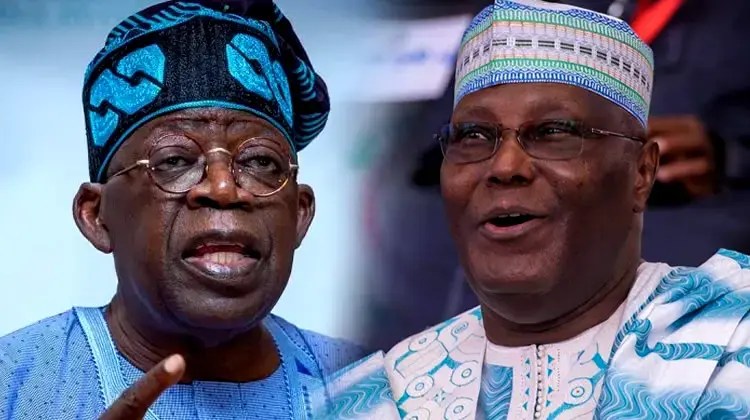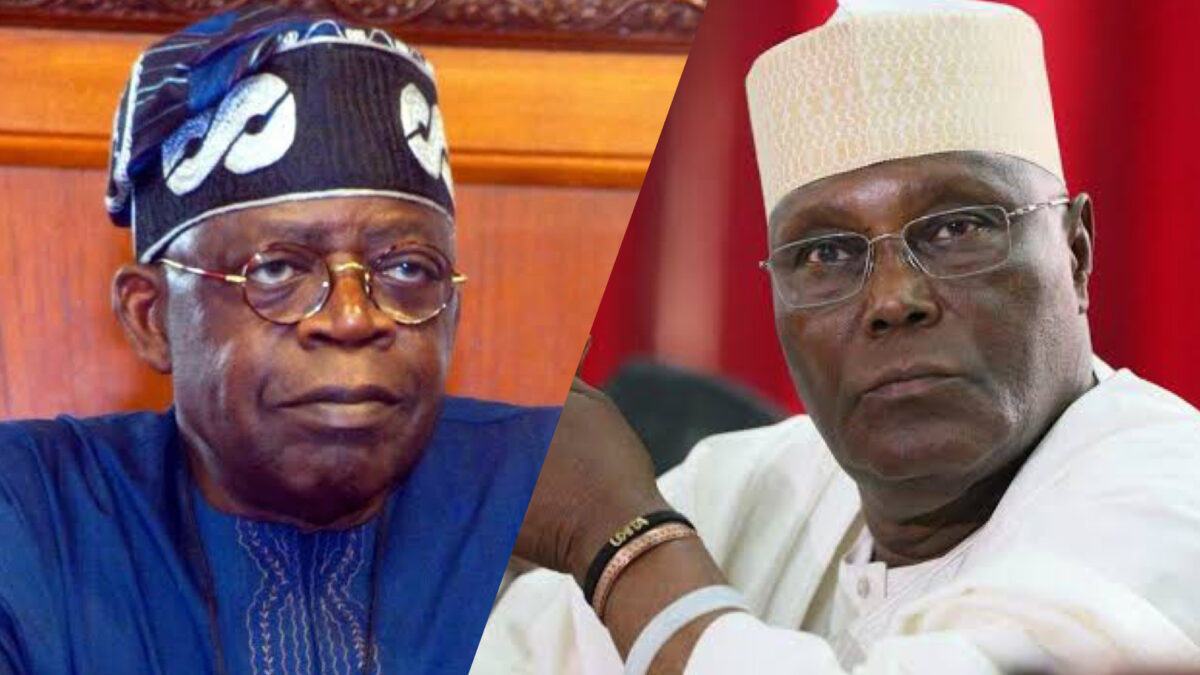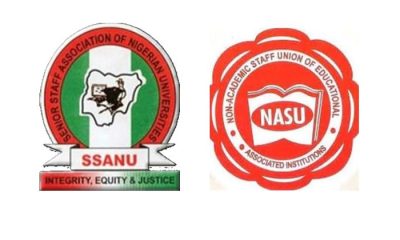Politics
Certificate scandal: Atiku seeks Supreme Court’s permission to file fresh evidence against Tinubu

The presidential candidate of the Peoples Democratic Party (PDP), Atiku Abubakar, is seeking the permission of the Supreme Court to file fresh evidence in his appeal against the election of President Bola Tinubu of the All Progressives Congress (APC).
Atiku’s request is based on a deposition made by the registrar of Chicago State University (CSU), Caleb Westberg, confirming that Tinubu graduated from the university in 1979. However, Westberg prevaricated on the authenticity of the certificate Tinubu submitted to the Independent National Electoral Commission (INEC).

Atiku, who is also a former Nigerian vice president is seeking to tender the university registrar’s deposition with other relevant documents released to him by the university in support of his appeal to the Supreme Court.
The former vice president’s lawyers, led by Chris Uche, filed the application on Thursday, October 5, arguing that the fresh evidence is necessary to prove their case against Tinubu. They cited Order 2, Rule 12(1) of the Supreme Court Rules 1985 and Section 137(1) of the Nigerian Constitution, which allow the court to admit fresh evidence on appeal in certain circumstances.
Atiku’s lawyers argued that he was unable to obtain fresh evidence before the trial at the Presidential Election Petition Court in Abuja, which dismissed his certificate forgery allegation in September.
They also argued that the deposition of a CSU official confirming Tinubu’s graduation but prevaricating on the authenticity of the certificate he submitted to INEC is “credible and believable” and should be admitted as evidence.
The lawyers also argued that the presentation of a forged certificate to INEC is a serious constitutional issue; hence, the court should order the removal of Tinubu as president.
The deposition from CSU, according to Atiku’s attorney, Chris Uche, a Senior Advocate of Nigeria (SAN), was only made on October 3—after the Court of Appeal trial came to a close.
“The evidence is such that could not have been obtained with reasonable diligence for use at the trial, as the deposition required the commencement of the suit in the United States of America before receiving same. It was not possible to obtain the said evidence before the trial at the Court below.”
To support their case, Atiku’s legal team also cited a Supreme Court precedent in the 2011 case of UZODINMA vs. IZUNASO, in which the court allowed Wole Olanipekun, who is currently Tinubu’s lead counsel, to bring fresh evidence to be introduced on appeal based on the constraints faced by the applicant in obtaining the documents.
“Learned counsel for the Appellant, Chief W. Olanipekun SAN, observed that trial took just three days and judgement was delivered on 28/1/2011, he thus had very little time to assemble relevant documentary evidence, including exhibit HU2, He further observed that it was on 7/4/11 that he obtained from the PDP Secretariat the extract of the NWC meeting of 5/1/2011 – Exhibit HU2. He submitted that the documentary evidence (Exhibit HU2) is clear and unambiguous and no further evidence is to be adduced on it,” Atiku’s lawyers quoted the Supreme Court.
According to the lawyers, in granting Olanipekun’s application, the Supreme Court held, “The discretion to grant leave to admit new evidence, fresh evidence or additional evidence is properly exercised if it is for the furtherance of justice. Judges must exercise that power sparingly and with caution.
“This is so because granting the application could amount to allowing the applicant to reopen his case or present a new case.”

























